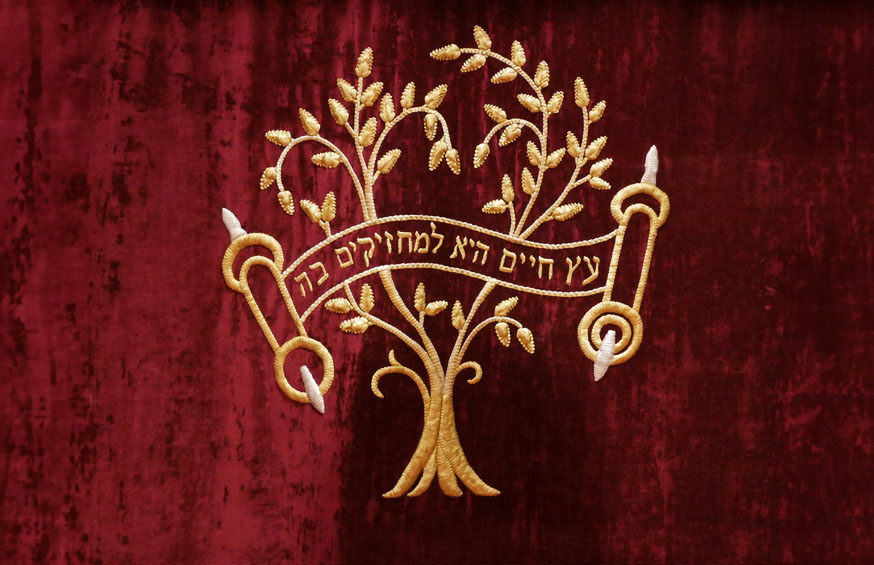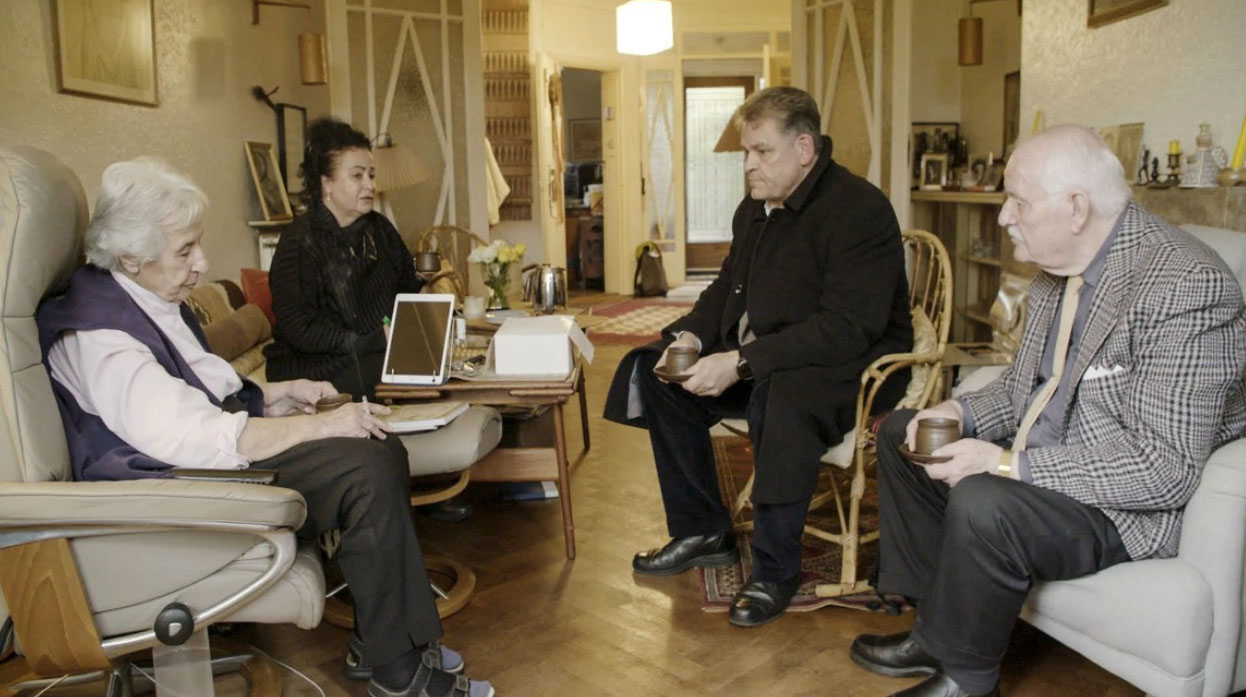My Sunday article, Anat Hoffman Might Be on the Verge of Becoming a Jewish Hero, made some waves, and for good reason. In it, I lay out what I largely believe is going to be the “deal” that will be offered to resolve the issue of Western Wall grievances. Talks between the head of the Jewish Agency Natan Sharansky and groups of American Jewish religious leaders are taking place this week (even today), and in these meetings he is likely to give them a sense of what he'll be proposing the government of Israel should do. If you want to read more about the details, take a look at Sunday's post – as I don't want to repeat myself, this post will solely deal with comments and responses which I got by mail, via Facebook, or by other means.
The responses can be divided into three main groups:
- People angry with me for supporting the deal (which I do – provided it's not watered down along the way).
- People raising concerns about the deal, some of them worthy of further discussion.
- People who are happy about the deal, if it is, indeed, what I suspect it will be.
One of the most encouraging responses I got was from rabbi Asher Lopatin of Chicago. He wrote to me:
As an Orthodox rabbi I agree with your Kotel article 100%. I would just add that the new area will be a place also for Orthodox to daven. I would be thrilled to have one place where all types of Jews can form their own minyanim but be together as well. If it happens, Israel can count on many Orthodox – Modern and otherwise – to support the New Kotel and establish it as a central place of tefilla for Am Yisrael.
Why do I find this encouraging? Because Rabbi Lopatin also seems to see the potential I see in the new “southern” section of the Kotel. Of course, one can spend a lifetime complaining about the “other” part of the Kotel, asking “why do we have to move and not them?”, and whining about “them” still not letting women pray as they wish at the “northern” section. OR: one can seize an opportunity and take part in something that can be truly exciting, something which has the potential to make the Kotel a place where all Jews feel comfortable. Like rabbi Lopatin, I too believe that many Orthodox Jews – when they have the choice – will also choose the tolerant section. And I believe that mixing Orthodox, Reform, Conservative, and ‘just plain’ Jews, is ultimately good for the Jewish people.
So this response definitely belongs to the C category from above, but I'd have to respond to queries and concerns of the other two categories as well. Let me begin with the personal stuff and get it off my chest.
Rachel Cohen Yeshurun wrote, in a response posted bellow my article:
Rosner wants to preserve the ever growing religious totalitarianism at the Kotel.
She wasn't the only one making such comments, which are clearly unfounded and uncalled for. There's nothing I'd like to see more than an end to “religious totalitarianism”- both at the Kotel and in general. I'd also like to see an end to knuckle-headedness, and an end to people calling everyone with whom they don’t agree ‘a bigot’. Cohen Yeshurun – a member of WoW – also wrote that “it took 2000 years for male Jews to be able to pray freely at the Kotel and we still haven't returned to the Temple Mount. Justice is always worth struggling for, no matter how long it takes to achieve it”.
I guess this means she'd prefer battling against other Jews for the next 2000 years over accepting a landmark proposal now – because it's not the proposal she was hoping for. I respect her choice, but don't agree with it. Putting me in the camp of religious totalitarians because of this preference seems to be quite a stretch; putting Sharansky in that camp – as other commentators have in recent days – is juvenile chutzpah. Besides, I don't expect such an approach to be very useful in getting Cohen Yeshurun and her friends the support of many Israelis. And with all due respect to the opinions of all Jews – Israelis will ultimately be the ones to decide how the Kotel will be managed.
Now let's discuss the more serious stuff.
Cheryl Birkner Mack wrote (in an ongoing Facebook discussion initiated by Joel Alan Katz):
If we “make the southern wall… meaningful” will the (ultra) Orthodox demand to be allowed to pray there? If not we're still not talking about the same level of kedusha. So I don't think the struggle is over.
A big problem the non-Orthodox Jews have with accepting the proposed deal in the making is that they assume the Orthodox A. will say that they actually won the battle, B. won't be humiliated by being forced to make room for other Jews, C. claim that the “southern” part of the Wall is not the real deal. These three assumptions are all reasonable. However, the conclusion drawn by Birkner Mack and others is far from being obvious. Here's why:
- They think they won, you think you won, everybody's happy – why is that a problem? A battle between Jews should not be an aim in and of itself, and if it can be avoided while keeping everyone’s interests in tact why not opt for the peaceful solution to the problem?
- The temptation to see the smug rabbis humiliated is hard to resist – I readily admit that. But one should keep one’s head cool and take the long view: it would be a much more fruitful and no less fulfilling payback to see the “southern” section thriving and becoming lively, busy, and even crowded. This should be the goal of those who want to see the zealot rabbis pay a price for their arrogant approach.
- Why do you care so much about their ranking of kedusha? Do you think they are the real deal and need their approval for what you do? If the answer is yes, maybe the whole thing is a mistake and we should just follow “their” rule. If the answer is no, why sweat over what the Orthodox “demand”?
Rahel Jaskow wrote this:
For many years, there's been an unfortunate conflation between WOW and the Conservative and Reform movements. WOW is and has always been a pluralist women's prayer group that includes Orthodox women; one of its founders was the wife of an Orthodox rabbi. (The Conservative and Reform movements, which hold mixed-seating prayer services, have no need for separate women's prayer.) While there is some overlap between women's prayer groups and the pluralistic and egalitarian movements, they are not the same, and their needs are not the same.
There's something about this claim: the battle was originally waged by a group of women, many of them Orthodox, but is now perceived as being a battle between “progressive” Jews (namely, Reform and Conservative) against Orthodox rule. Again, three points:
- It isn't possible to cater specifically to every group of Jews, and grouping together Orthodox feminists with Conservative and Reform Jews makes more practical sense than attempting to force them on ultra-Orthodox men.
- Go back and read the first comment I posted above, the one by rabbi Lopatin. I believe that many Orthodox visitors to the Kotel would prefer the southern section to the northern one – Hence having feminist Orthodox women pray there would not seem odd or out of place.
- Without the support of progressive Jews in Israel and in the US, WOW would have have no chance of getting any attention from the Israeli government. The only reason for the government to act is because it rightly identified the WOW issue as one which is an obstacle to Israel-Diaspora relations. In other words: you can't rely on Conservative-Reform support when it's convenient and then complain that the Conservative and Reform movements don't truly represent your nuanced agenda.
Last note: The Jewish Forward posted a story today about the proposed plan (you can read it here). It rightly says that the deal “would mark a dramatic acknowledgement by the state of Israel that prayer at the Wall — regarded as Judaism’s holiest site and a modern-day symbol of national sovereignty — should include non-Orthodox practice in which men and women pray together”. The Forward got it right. It is dramatic. Which brings me back to the conclusion of my Sunday story: “I hope to see the reformers cashing in, becoming heroes, and rejoicing in having won a just battle”.























 More news and opinions than at a Shabbat dinner, right in your inbox.
More news and opinions than at a Shabbat dinner, right in your inbox.